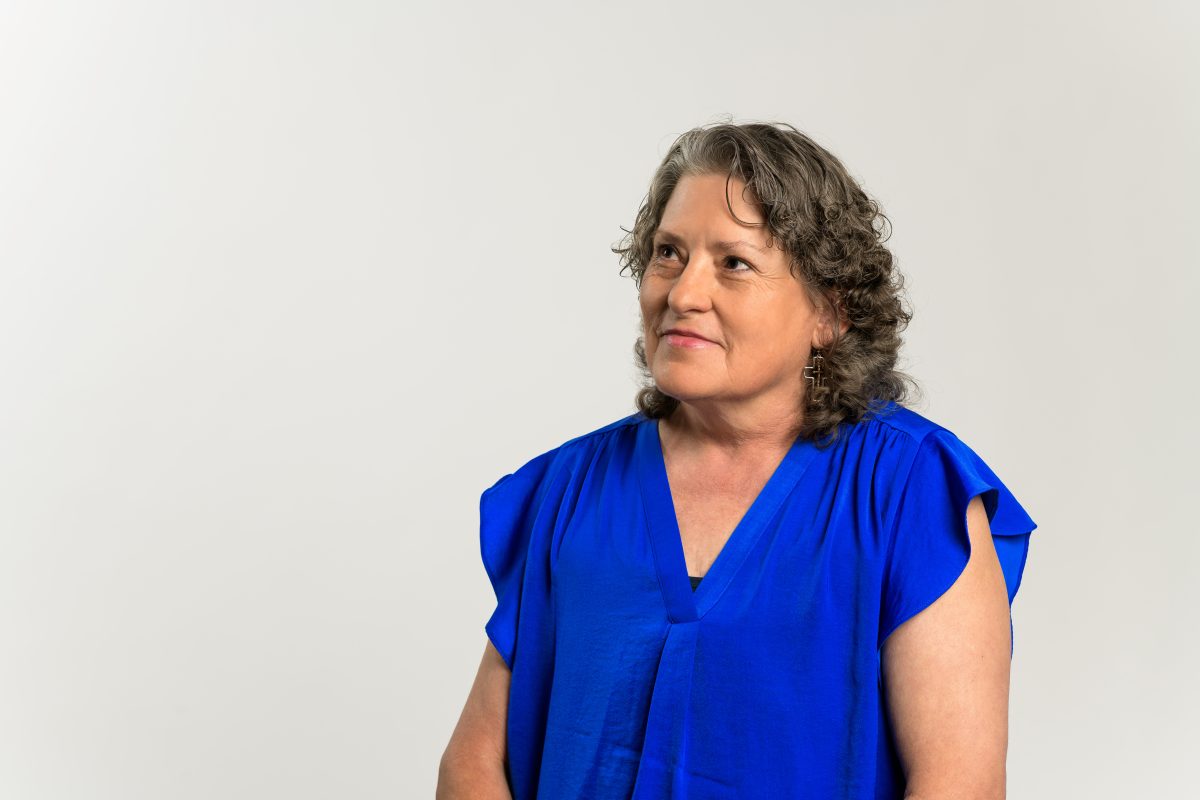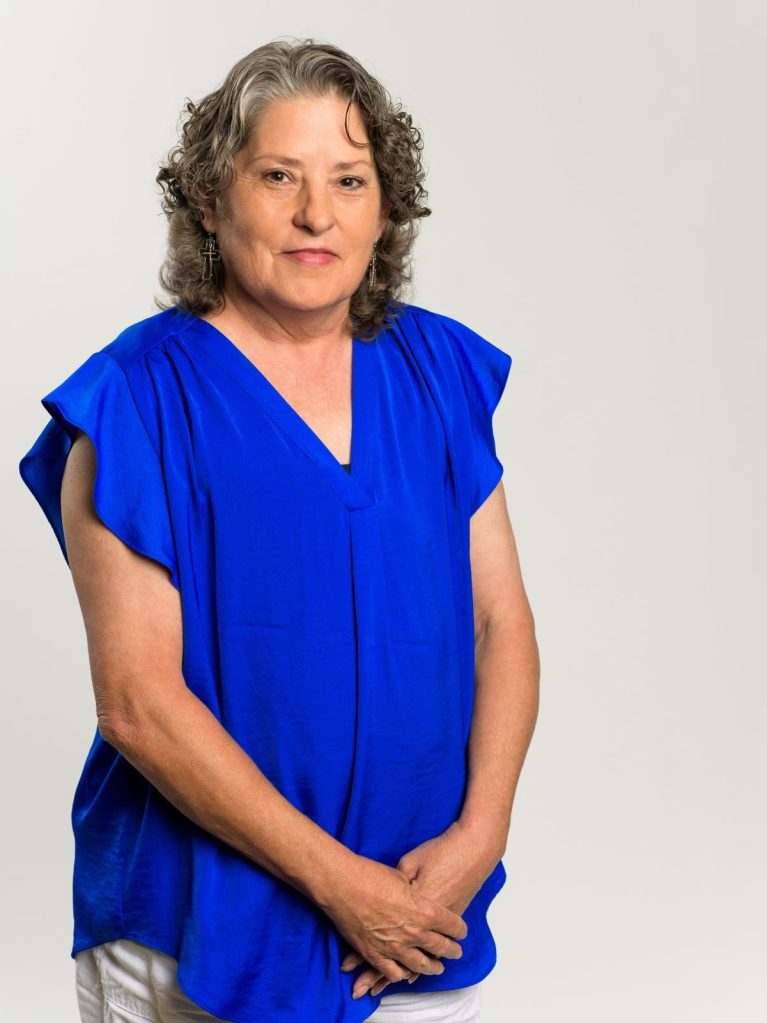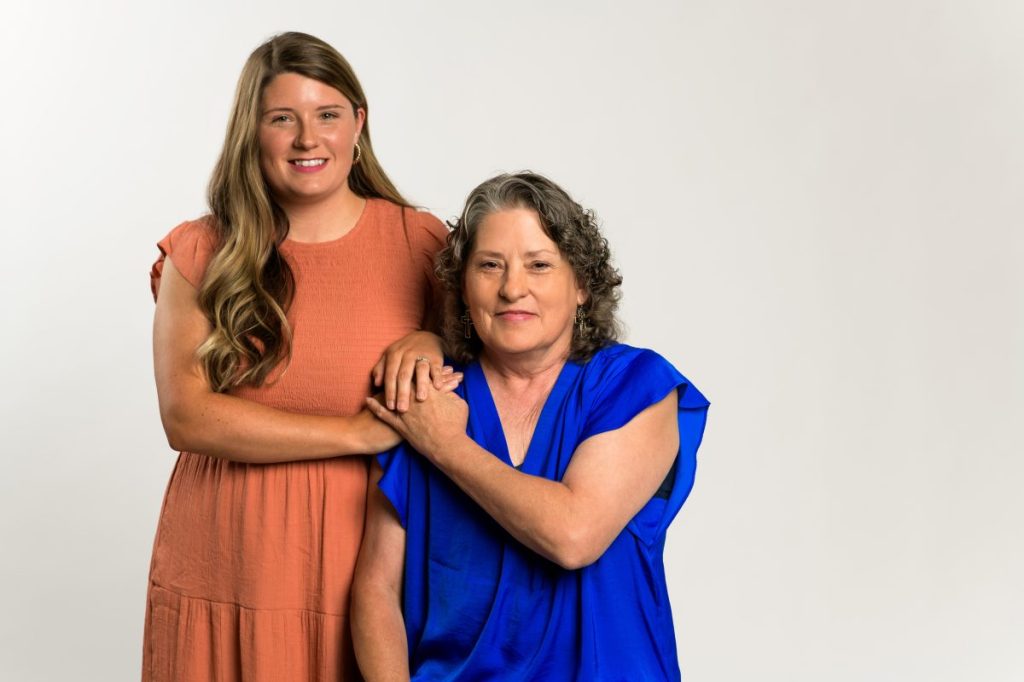
Lisa Williams
After she was diagnosed with stage 3 triple negative breast cancer in 2022, Lisa Williams did a lot of listening. First, she listened to her daughters, who told her they thought UAB would be the best place to go for treatment. Then, she listened to the physicians, who carefully described the options available to her, including enrollment in the national I-SPY 2 clinical trial.
“They went through all the differences between the trial and regular treatment, and it just seemed like the trial was geared more toward me and my situation than the standard medicine,” Williams says. “So, I decided to go with the trial, and I thank God every day that I did because it turned out wonderful. I’m so thankful for the end results.”

Barely a year after her initial diagnosis, Williams was declared cancer-free. And while she had to endure a few side effects along the way, she says they were considerably milder than she expected.
“Overall, I had a great response,” Williams says. “I did lose my hair, and I had a few minor things like some muscle cramping and ankle swelling. But I’ve talked with a lot of people who were amazed that I got through everything as easily as I did.
“The people at UAB were all so nice. Everybody I met was absolutely wonderful. The doctors kept me updated on everything, so I knew what was going on all along. And if I didn’t understand something, they’d absolutely go out of their way to explain it. I had a great experience there.”
Williams’s treatment began working quickly after she started it in November of 2022. Within three months, her cancer was reduced by 65 percent. By the time she underwent surgery three months after that, the cancer basically was gone.


“She did not have any visible cancer in her breast or lymph nodes,” says UAB hematologist oncologist Nusrat Jahan, M.D., who was involved with Williams’s treatment. “She had a complete biological response to the trial medicine, and patients who do that have a great prognosis. So, we’re really happy with her situation.
“These new-generation treatments are less toxic and more effective comparted to older chemotherapy-based regimens, so she was able to avoid the more toxic part of the treatment. That is why we need these clinical trials, so we can have as many options as possible for patients. She has been off treatment for more than six months, and there is no evidence of her cancer coming back.”
Of course, there is always the possibility of a reoccurrence. And if that should happen, Williams has a pretty good idea what she will choose to do.
“If the cancer comes back and they have another trial they can offer me,” Williams says, “I’m sure I’ll probably try it.”


